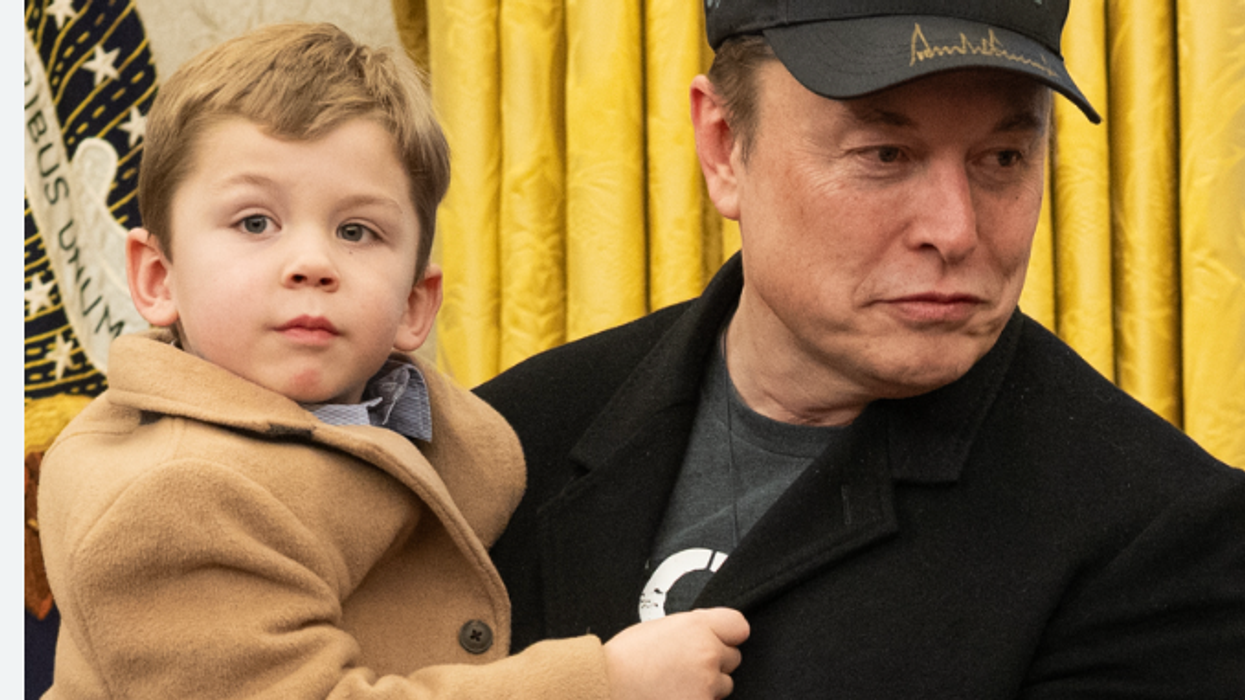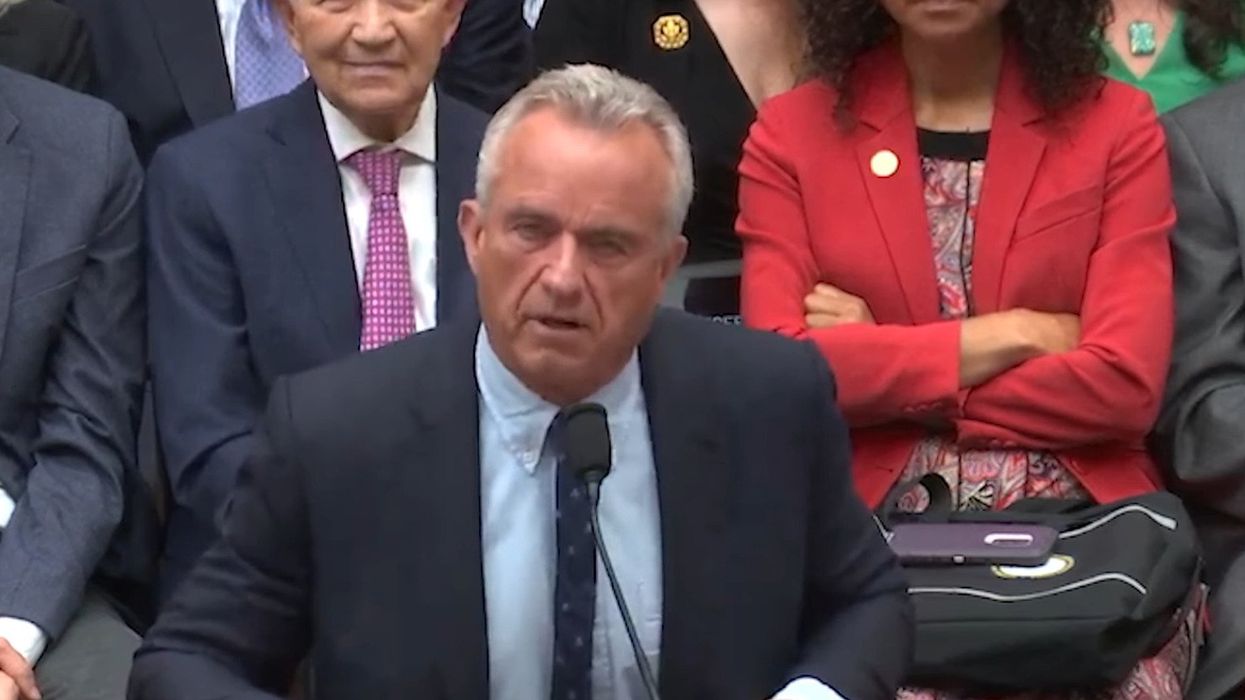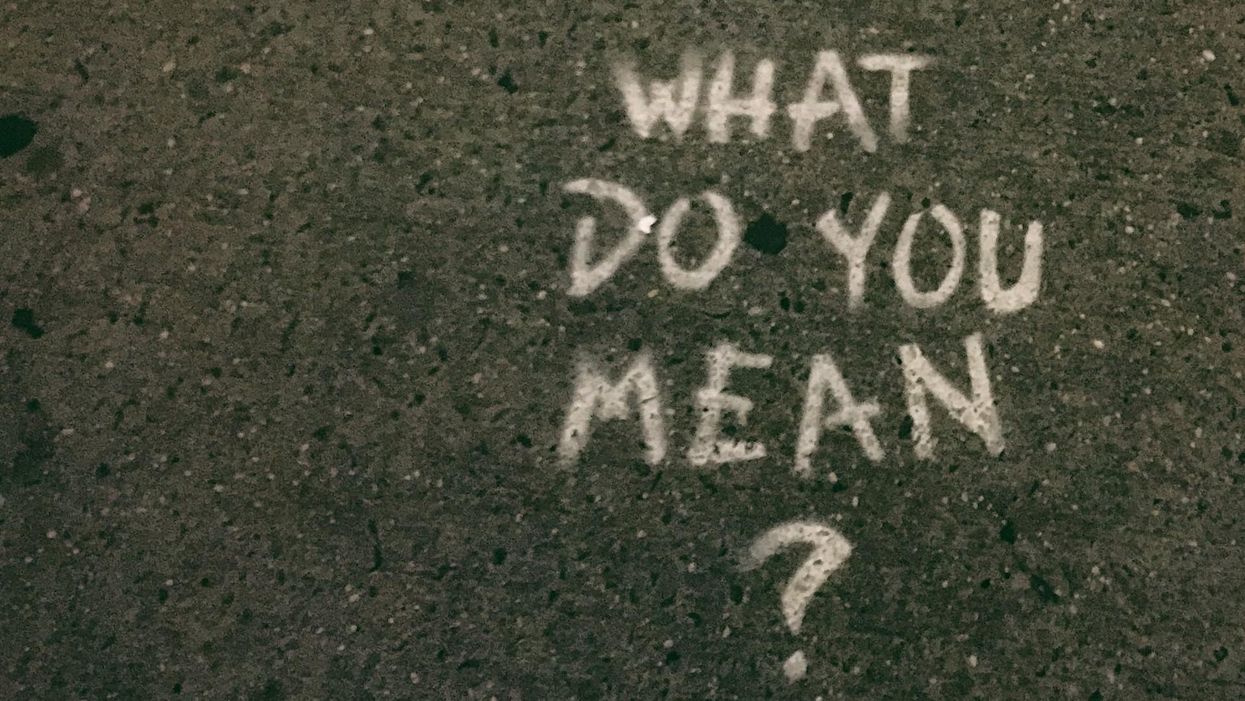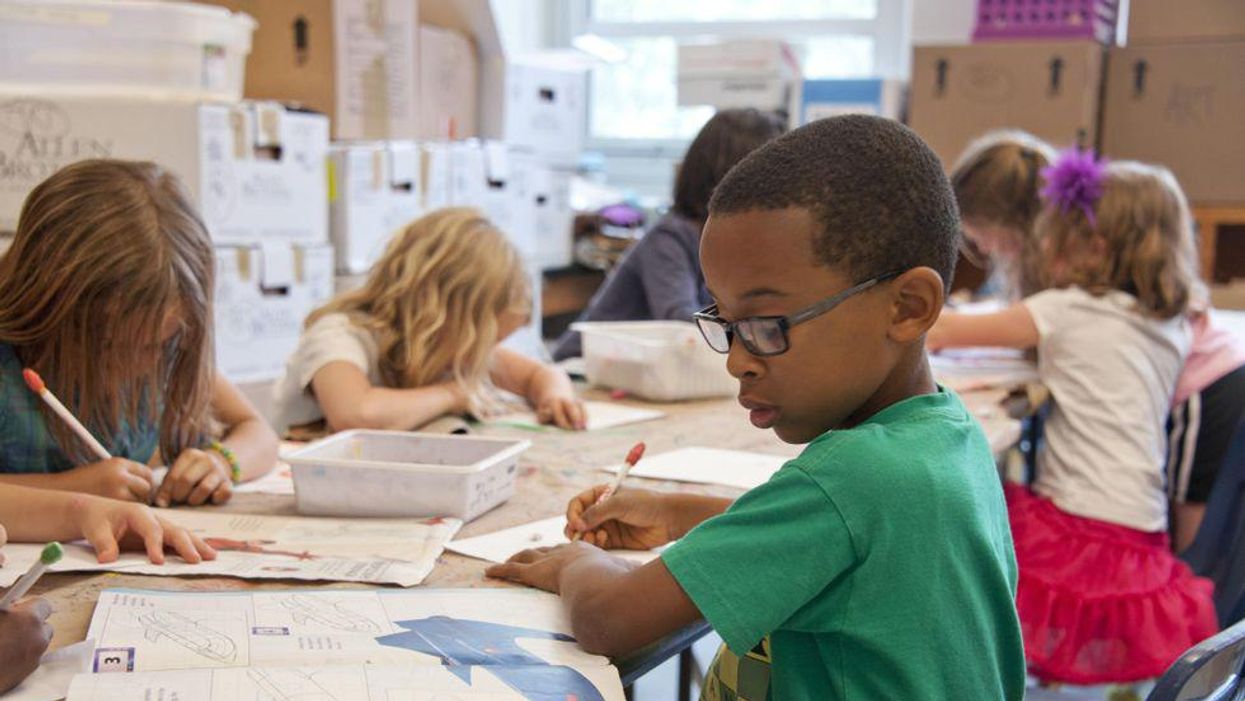Billionaires Rant About Falling Birth Rate (But They Won't Fund Child Care)
When Elon Musk and his first wife talked about how many children they would have, Justine reportedly said she wanted one or two. "But if I could afford nannies, I'd like to have four."
Musk reportedly replied: "That's the difference between you and me. I just assume that there will be nannies."
And that's also the difference between the tech billionaires up in arms about flat birthrates and the many Americans who feel they can't afford children.
JD Vance, father of three, famously launched into the political opposition, complaining that the country was being run by "a bunch of childless cat ladies." He had a net worth estimated north of $10 million. His wife Usha is a high-powered corporate lawyer.
The Vances' use of nannies has been a tightly controlled secret. Usha didn't leave her demanding job until mid-2024, when JD became Donald Trump's running mate. She stated she wanted "to focus on caring for our family."
Do the math. By the middle of 2024, their oldest child was about 7, and the youngest was at least 2. We don't imagine that JD changed a lot of diapers or that Usha routinely brought her babies into the offices of Munger, Tolles & Olson.
Musk is too weird to hold him to the same hypocritical standards as Vance. Let it be noted, however, that he has married and divorced two other women since Justine. He now has an estimated 14 children. They surely have no shortage of nannies, but fatherly attention may not be in great supply. It would be no surprise that his adorable son X, on display in his father's Oval Office visits, served mainly as an accessory. (We look forward to X's memoirs.)
Suffice it to say, the sight of the super-rich waving fingers of disapproval at the one-child or childless middle-class families is unappealing. Still, it's worth pondering why so many younger men and women don't want children.
The discussion is a long one, but it could include a growing materialism and stress. Many young people don't wish to forgo vacations and free time to pursue family life. It could be that many were the product of a stressful divorce or no marriage to begin with. They may have suffered related trauma they don't want to deliver on anyone else.
It could even be prohibitions on abortion, which has made problematic pregnancies potentially life-threatening. (Blaming abortion itself doesn't work. The abortion rate in the U.S. is well down from the level of 50 years ago.)
A lack of affordable child care may be a factor, though countries with that and other bountiful government benefits are seeing a notable drop in births. The right-wing, allegedly family-friendly Project 2025 failed to advocate for child care programs. It even called for ending Head Start.
Young people are said to be suffering widespread depression for a number of reasons. The result, some studies say, is little hope for a future that children represent.
However, there is also debate about whether the falling birth rate is a serious crisis, especially in a country with a housing supply unable to keep up with demand. The U.S. now has about 350 million people, 60 million more than it had in 2000. The population has almost doubled over the last 50 years.
Meanwhile, the rich princes of tech or finance can "phone in" fatherhood from their beach houses or country chateaux, knowing that wherever their kids may be, professional child care will be abundant. It doesn't even matter whether the mother — a wife-, ex-wife or never-wife — is available to cover play dates.
There will be nannies. Those well down the economic scale from the Silicon billionaires know there won't be.
Froma Harrop is an award winning journalist who covers politics, economics and culture. She has worked on the Reuters business desk, edited economics reports for The New York Times News Service and served on the Providence Journal editorial board.
Reprinted with permission from Creators.












